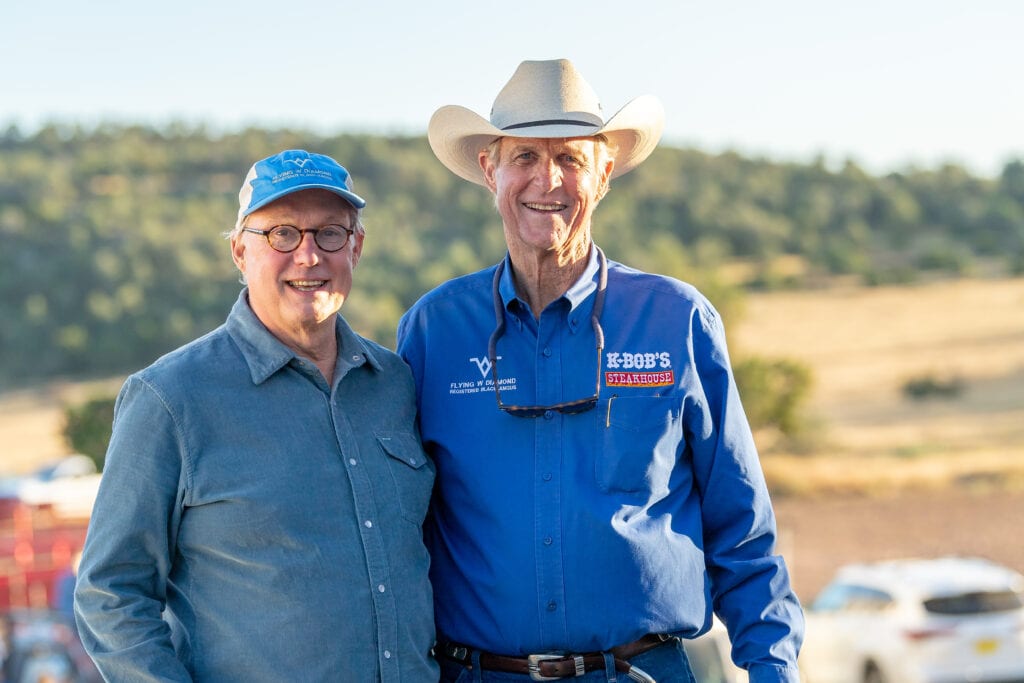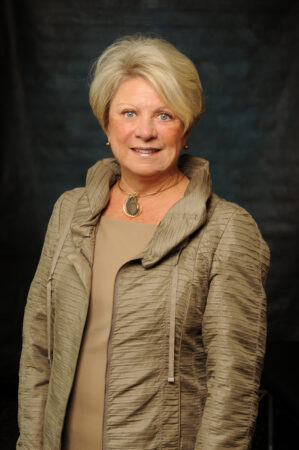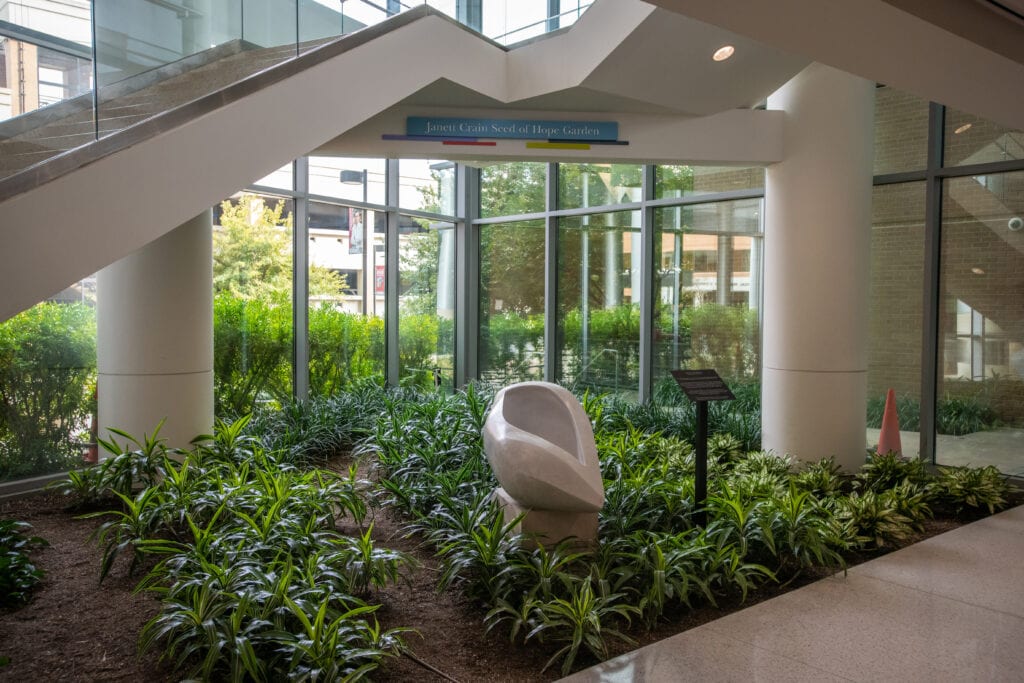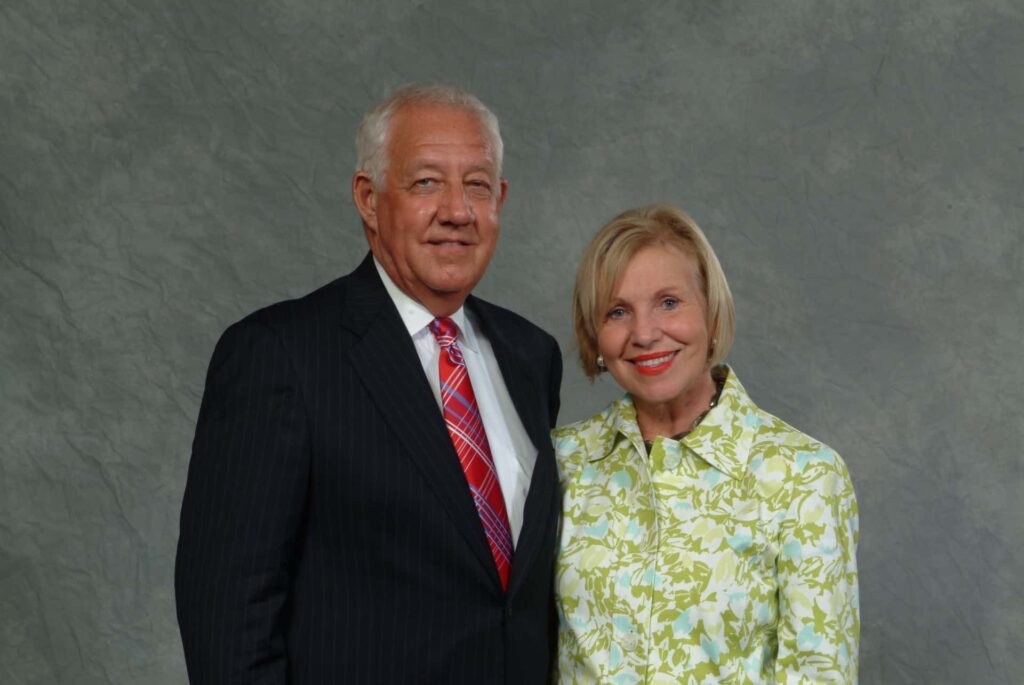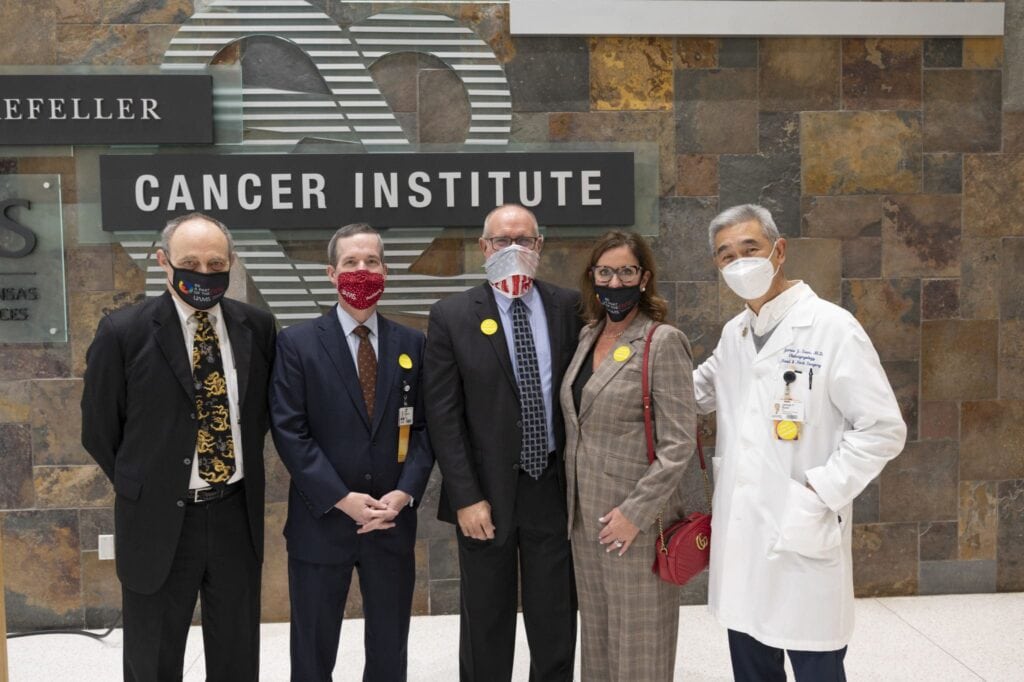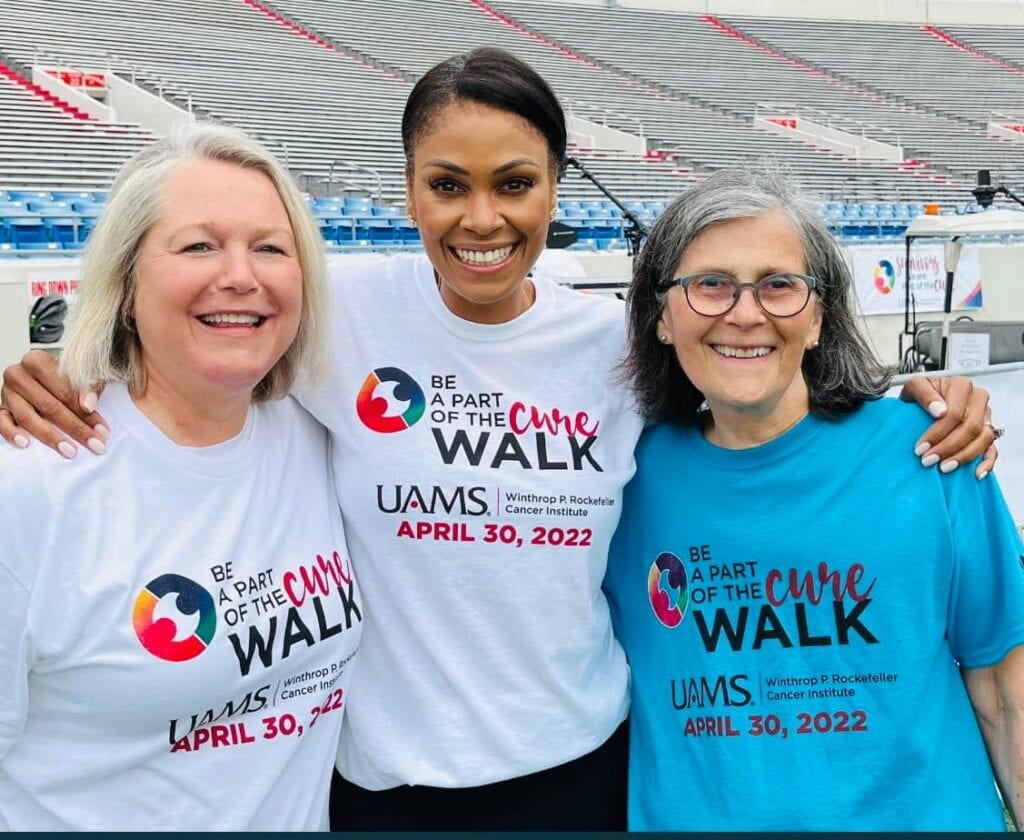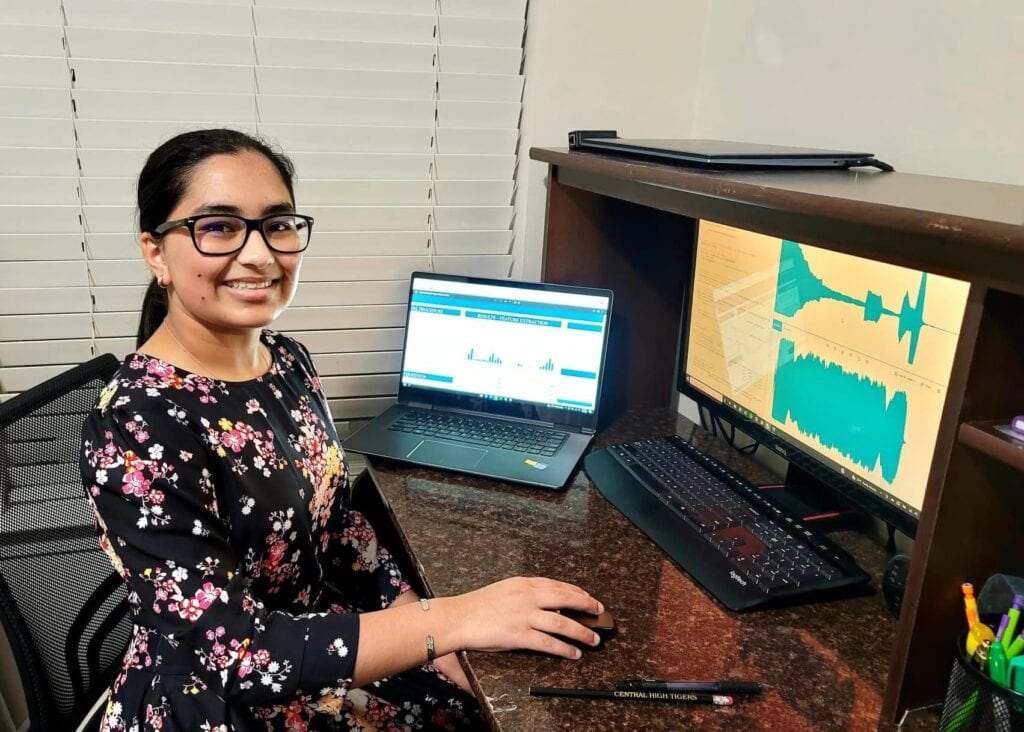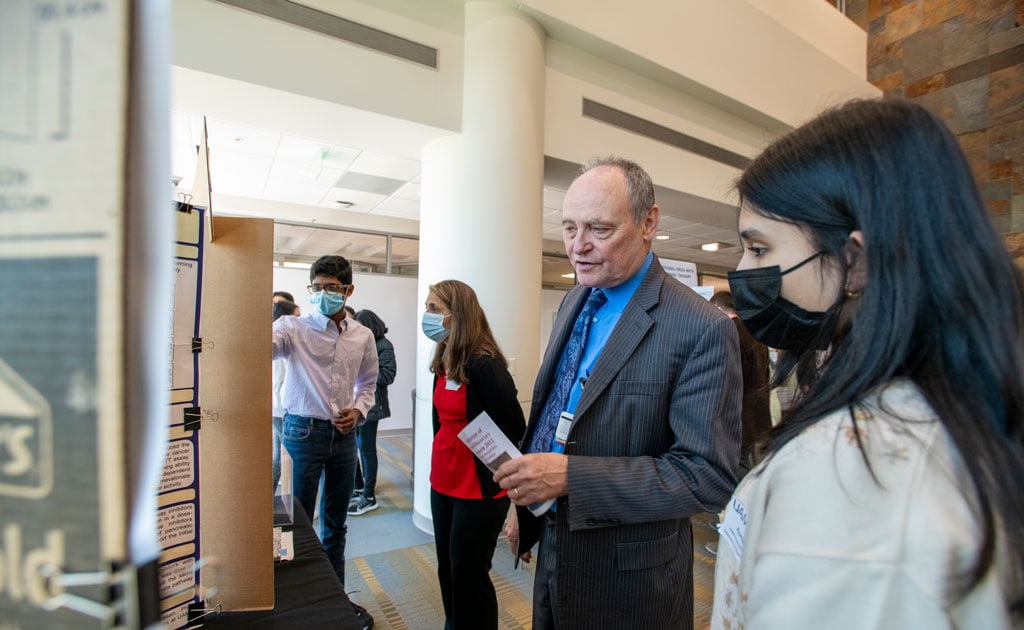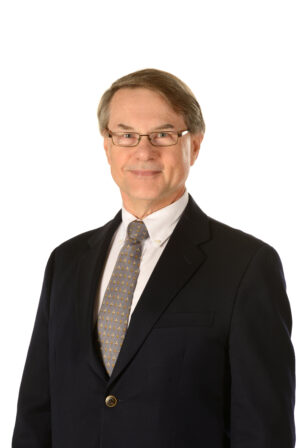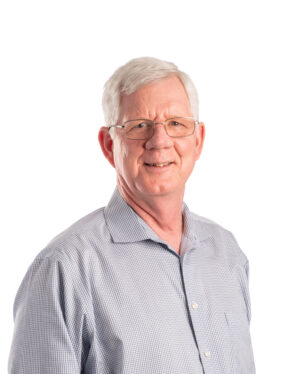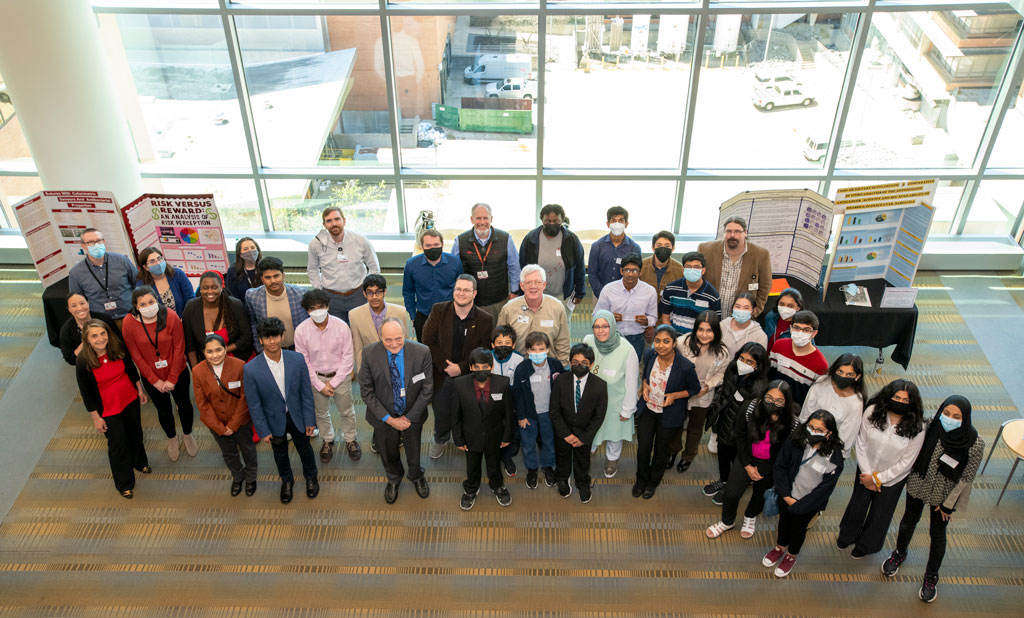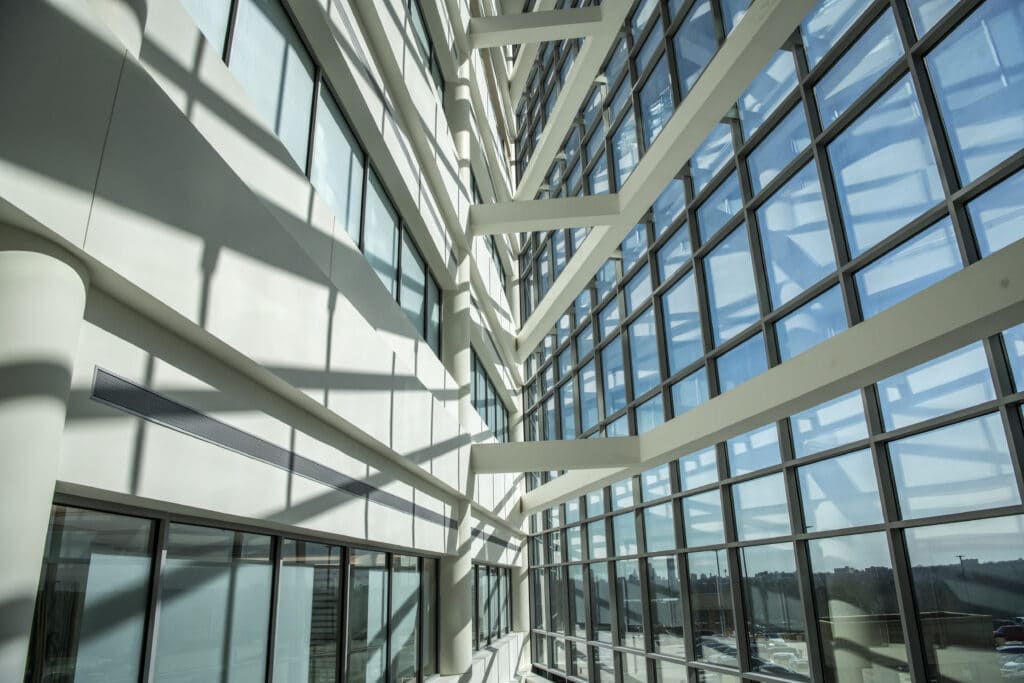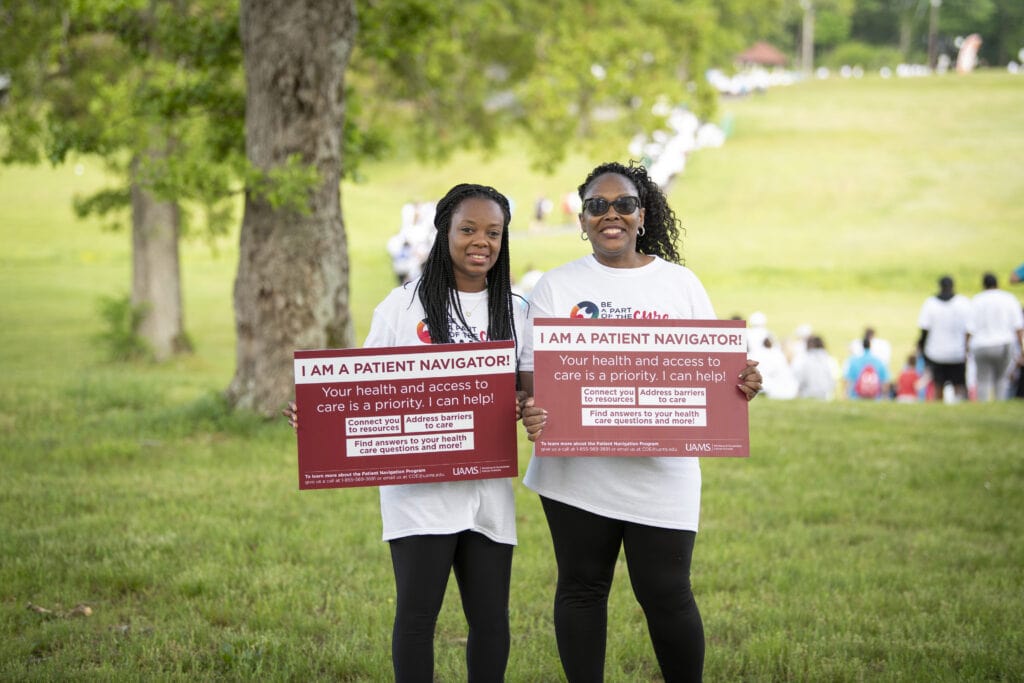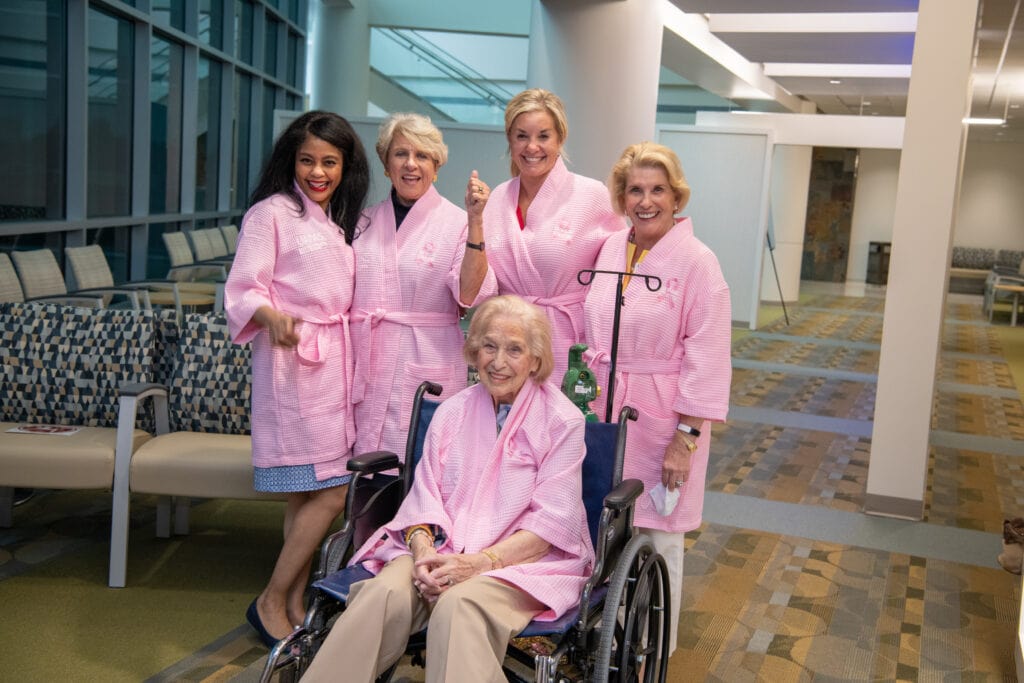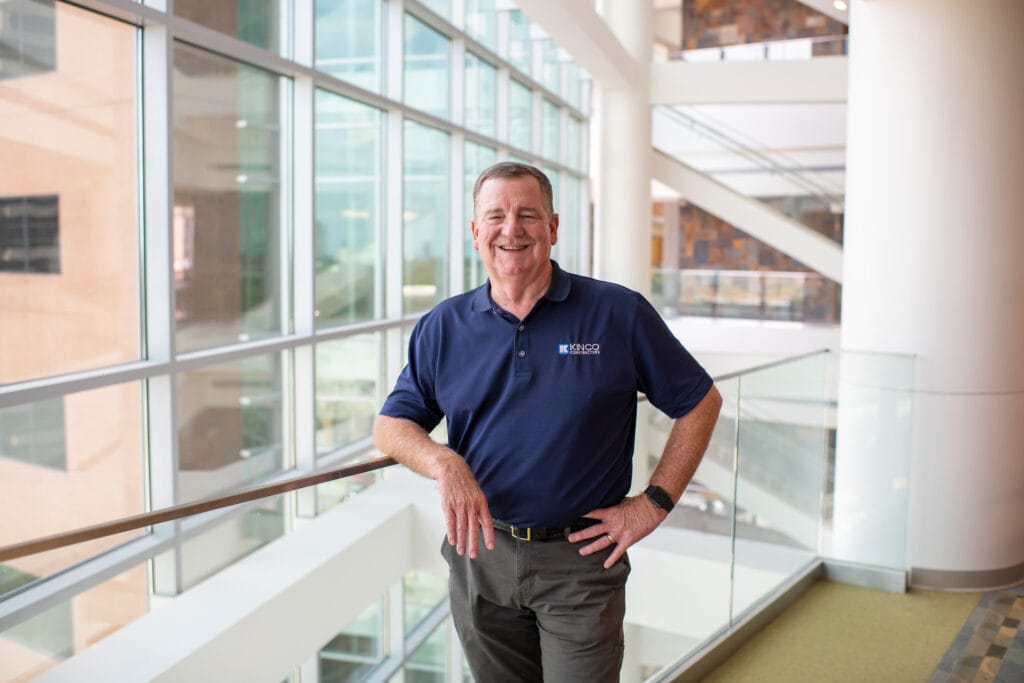
Ensuring all Arkansans have access to cancer prevention, early detection and compassionate care
Kinco Constructors is an Arkansas-based company with team members and clients all across the state and region.
Many of our team members and those we serve have been impacted by cancer and have benefited from the high-quality cancer care provided by UAMS.
As a company, Kinco Constructors is focused on building excellence, and that includes ensuring that our people have access to excellent health care, no matter where they live in the state.
When we learned about the MammoVan, we liked the fact that it travels to counties all across the state –including many of Arkansas’rural communities –providing mammograms and cancer education.
We also liked the fact that there are opportunities to do even more with the MammoVans, including the possibility of adding men’s cancer screenings.
Building on that vision, helping UAMS pursue National Cancer Institute Designation and expanding critical health care outreach around the state are all initiatives we want to help advance. Kinco Constructors is
proud to invest in programs that improve the health and well-being of our team members, clients and all Arkansans.”
-Doug Wasson, President/CEO

